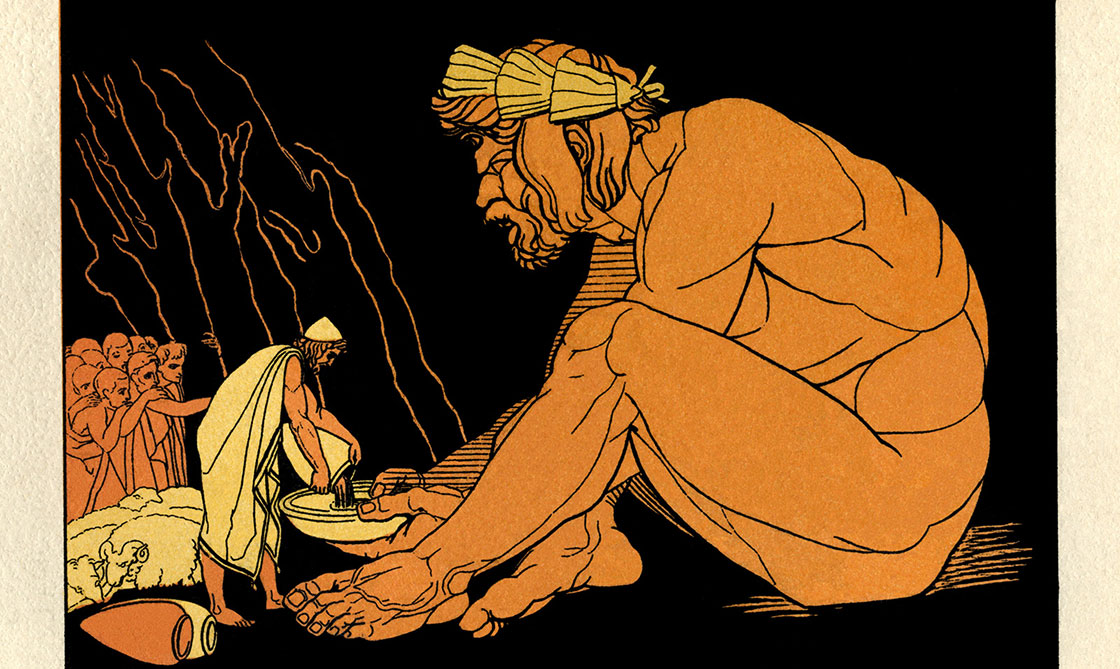Between the Lines and the Lips: Wine in the Words of Homer to Murakami
Wine has always been more than just a drink – as its many appearances in literature clearly show. For centuries, wine has flowed not only into glasses, but also through poems, novels, and plays. Sometimes a symbol of joy, sometimes a cure for heartbreak – but always full of meaning. Or as Plutarch once put it:
“Wine is the most useful of all drinks, the tastiest of medicines, and the most pleasant of foods.”
From Antiquity to Romanticism: Wine as a Divine Gift
Even Homer had his heroes draw strength from “dark red wine” in the Iliad – a blend of nourishment and ritual. For Horace, drinking became a poetic act, a moment of reflection and pleasure: “Nunc est bibendum – Now is the time to drink.” In the poetry of Rumi, wine flows like a divine spark through the verses. In literature, wine often stands for more than indulgence – it symbolizes love, transcendence, truth, and sometimes even madness. It is rarely just a backdrop: it speaks of human states, transitions – of being itself.

In the Middle Ages, wine was deeply rooted in religious and courtly contexts. Minnesingers praised the “goblet of the heart,” where joy and sorrow mingle. In the Psalms, wine is a sign of divine grace, while mystical poetry sees it as an image of union with the divine.
The Romantics saw wine as a mirror of the soul.
Romantic poets looked inward with each sip. In Eichendorff’s work, wine rustles through the forest of emotions; in Hölderlin’s verse, it becomes an ecstatic metaphor: “Come! Into the open, friend!” – with a glass in hand that promises more than mere sobriety.
Modern Voices: From the Glass to Society
In the 20th century, the tone became more prosaic – but no less profound. Poetry may have waned, but emotion didn’t. Ernest Hemingway noted: “Wine is the most civilized thing in the world.” And Charles Bukowski, in his rough style, put it simply: “Good people drink good wine.”
Contemporary literature increasingly treats wine as a social and cultural phenomenon – a mirror of society:
Who drinks, when, with whom – and why?
Authors like Haruki Murakami, Peter Handke, and Siri Hustvedt use wine as a narrative device to explore closeness, loneliness, or memory. In Norwegian Wood, Murakami’s Pinot Noir becomes the quiet companion to a tender love story – a glass between two people drawing closer without many words. In Slow Homecoming, Peter Handke describes wine as a silent companion to thought and reflection. And when Bukowski writes about wine, it’s no advertisement for fine vintages – but a snapshot of a life between intoxication, rebellion, and raw realism.
Who drinks, when, with whom – and why?
Authors like Haruki Murakami, Peter Handke, and Siri Hustvedt use wine as a narrative device to explore closeness, loneliness, or memory. In Norwegian Wood, Murakami’s Pinot Noir becomes the quiet companion to a tender love story – a glass between two people drawing closer without many words. In Slow Homecoming, Peter Handke describes wine as a silent companion to thought and reflection. And when Bukowski writes about wine, it’s no advertisement for fine vintages – but a snapshot of a life between intoxication, rebellion, and raw realism.
From Soul to Longing: Wine in Song Lyrics
Wine also finds its way into song lyrics – as a prop, a symbol, a feeling. In Adele’s soulful ballad “I Drink Wine”, she reflects on self-discovery, ego, and letting go. Wine becomes a metaphor for emotional openness and vulnerability, like in the line: “But now I only soak up wine.”
Lana Del Rey often uses wine in her lyrics to evoke the search for happiness, relaxation, freedom – or to symbolize emotional states. And wine appears again and again in songs by Taylor Swift, Amy Winehouse, or Arctic Monkeys.
Lana Del Rey often uses wine in her lyrics to evoke the search for happiness, relaxation, freedom – or to symbolize emotional states. And wine appears again and again in songs by Taylor Swift, Amy Winehouse, or Arctic Monkeys.
Whether soul, jazz, rock, or pop – wine in music is often more than a tasty detail. It stands for late-night talks, longing, ecstasy, solitude. For a fleeting moment – worth singing about.
Poetry in a Glass
Wine is language you can taste. And literature can be like a good vintage: not always easy to understand, but lingering long after.Between two sips of wine, the best stories are often born – sometimes like straight out of a novel. Wine remains what it has always been: a catalyst for conversation, emotion, and reflection.
One last sip? "Wine is bottled poetry".This wonderful quote from the Scottish writer Robert Louis Stevenson expresses that wine is more than just a drink; it is also a source of passion, history, and memories that are hidden in every bottle.
Seite bewerten
Welcome to wine.vino.wein – the wine lover’s magazine
In our magazine you will find editorial articles and information about wine. As we are committed to the responsible use of alcoholic beverages, the content is aimed exclusively at adults and you must be at least 18 years old to visit wine.vino.wein.